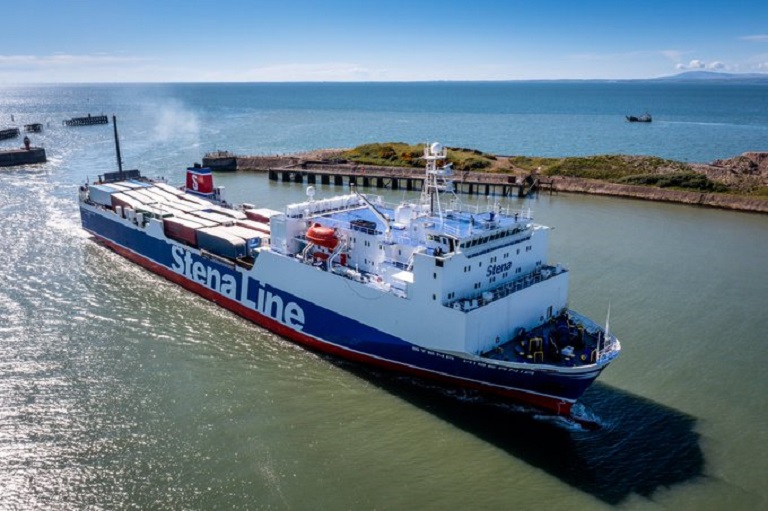Phil Hall, Liverpool’s Port Director at Peel Ports Group makes the case for unaccompanied short sea freight to counteract the effect of upcoming Brexit custom check delays and driver shortages.

Recent market data indicates that an increasing number of hauliers are now choosing unaccompanied cargo routes into Northern England, as a feasible alternative for accompanied routes.
Further analysis by Peel Ports Group shows the volume of regular, accompanied traffic into North Wales and the unaccompanied alternatives into other ports across the North West has equalised in recent months.
The unescorted journey for RoRo cargo provides a range of benefits which cannot be underestimated. Particularly as we head towards the next phase of the Brexit transition in the summer of 2022.
As of July this year, all goods will undergo far stricter checks and potential disruption in order to comply with additional customs regulations. This is likely to have a direct impact on services from Dublin and Northern Ireland for many months to come.
Whilst the unaccompanied option represents a longer sea journey into ports such as Liverpool or Heysham, this provides an opportunity for all the necessary paperwork and customs checks to take place on board vessels so the goods can arrive ready to discharge.
This would potentially avoid the need for designated Border Control Post checks at the port of entry, which could potentially lead to far longer delays.
During the past year, major retailers have complained about having to employ more personnel to support the additional checks of products travelling between Britain and the island of Ireland.
The unescorted option also addresses the challenges posed by driver shortages and can be particularly useful for commodities with no or little shelf life such as aggregates and other construction materials as well as ambient foods.
There are probable cost savings to consider too, by avoiding the need to have drivers boarding Ferry services and the potential to hook onto rail for the onward journey of goods or immediate access to major road networks, closer to the end destination.
As a result of this, the unescorted port alternatives can also have an impact on easing congestion by taking trucks off the road with obvious carbon emission reductions benefits and overall lessening of road miles needed to deliver goods.
Additional information about the Port Liverpool at CruiseMapper